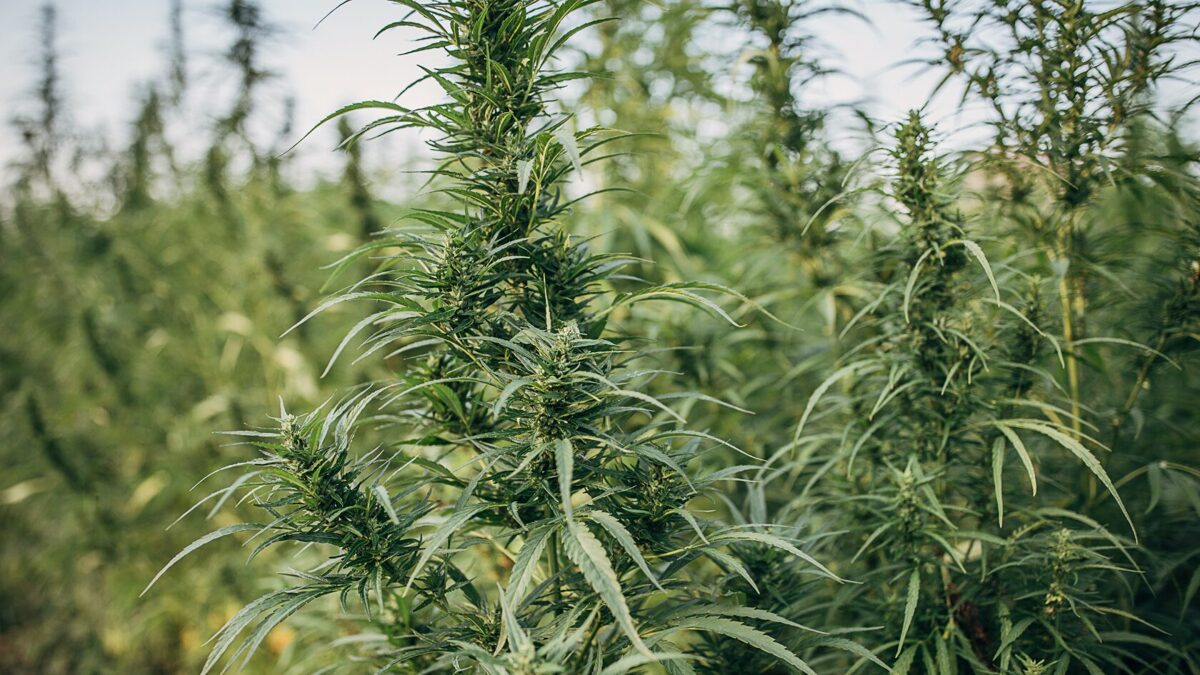The Challenges of Hemp Farming and How to Overcome Them

Hemp farming is gaining momentum as a sustainable and versatile agricultural practice, but like any crop, it comes with its own set of challenges. Whether you're a seasoned farmer or new to the industry, understanding these obstacles and how to address them is key to running a successful hemp farm. Here are some common challenges faced by hemp farmers and practical solutions to overcome them.
1. Navigating Legal and Regulatory Hurdles
Challenge: Hemp farming is heavily regulated, and laws vary by region. Farmers must comply with strict THC limits (typically 0.3% or less), licensing requirements, and reporting protocols. Missteps can lead to crop destruction or legal penalties.
Solution:
Stay informed about local, state, and federal hemp regulations.
Work with legal experts or agricultural extension services to ensure compliance.
Keep detailed records of seed sourcing, planting, and testing to prove compliance with THC limits.
2. Finding High-Quality, Compliant Seeds
Challenge: Not all hemp seeds are created equal. Poor-quality seeds can lead to low yields, high THC levels, or crops unsuitable for your intended use (e.g., fiber, grain, or CBD).
Solution:
Source seeds from reputable, certified suppliers with a track record of producing compliant hemp.
Test seeds for THC content and germination rates before planting.
Consider starting with clones or feminized seeds to ensure consistency.
3. Managing Pests and Diseases
Challenge: While hemp is generally resilient, it’s not immune to pests like aphids, mites, and caterpillars, or diseases such as powdery mildew and root rot.
Solution:
Implement integrated pest management (IPM) strategies, including crop rotation and beneficial insects.
Use organic pesticides and fungicides approved for hemp farming.
Monitor crops regularly for early signs of infestation or disease.
4. Ensuring Proper Soil and Nutrient Management
Challenge: Hemp is a nutrient-intensive crop that requires well-drained, fertile soil. Poor soil quality or improper nutrient management can lead to stunted growth and low yields.
Solution:
Conduct soil tests before planting to determine pH and nutrient levels.
Use organic fertilizers and compost to enrich the soil.
Rotate hemp with nitrogen-fixing crops like legumes to maintain soil health.
5. Dealing with Weather and Climate Variability
Challenge: Hemp thrives in specific conditions—warm temperatures, adequate rainfall, and plenty of sunlight. Extreme weather, droughts, or unexpected frosts can damage crops.
Solution:
Choose hemp varieties suited to your local climate.
Use irrigation systems to manage water during dry spells.
Consider planting in greenhouses or using row covers to protect crops from frost.
6. Harvesting and Processing Challenges
Challenge: Harvesting hemp at the right time is critical, especially for CBD production. Delayed harvesting can lead to higher THC levels, while improper drying and storage can ruin the crop.
Solution:
Invest in proper harvesting equipment, such as specialized combines for fiber or grain hemp.
Dry hemp in a controlled environment to prevent mold and preserve quality.
Partner with reliable processors to ensure your crop is handled correctly post-harvest.
7. Market Volatility and Finding Buyers
Challenge: The hemp market can be unpredictable, with fluctuating prices and demand. Farmers may struggle to find reliable buyers for their crop.
Solution:
Diversify your hemp products (e.g., CBD, fiber, grain) to reduce reliance on a single market.
Build relationships with processors, manufacturers, and distributors early in the season.
Stay informed about market trends and consumer demand to make informed planting decisions.
8. Lack of Farming Knowledge and Expertise
Challenge: Hemp farming requires specialized knowledge, and many farmers are still learning the ropes. Mistakes in planting, harvesting, or processing can be costly.
Solution:
Attend hemp farming workshops, webinars, and conferences to learn best practices.
Network with experienced hemp farmers and join industry associations.
Start small and scale up as you gain experience and confidence.
9. Testing and Compliance with THC Limits
Challenge: Hemp crops must be tested for THC levels, and even a slight exceedance can result in the entire crop being destroyed.
Solution:
Work with certified labs to test crops regularly throughout the growing cycle.
Choose low-THC hemp varieties and monitor environmental factors (e.g., stress, over-fertilization) that can increase THC levels.
Harvest early if THC levels are approaching the legal limit.
10. Access to Financing and Insurance
Challenge: Hemp farming can be capital-intensive, and many traditional lenders and insurers are hesitant to support hemp operations due to perceived risks.
Solution:
Seek out lenders and insurers who specialize in hemp or alternative crops.
Explore government grants or programs that support hemp farming.
Develop a solid business plan to present to potential investors or lenders.
Final Thoughts
While hemp farming presents its share of challenges, the rewards—both financial and environmental—are significant. By staying informed, adopting best practices, and leveraging available resources, you can overcome these obstacles and build a thriving hemp farm. As the industry continues to grow, so too will the opportunities for innovation and success.
Whether you're growing hemp for CBD, fiber, or grain, remember that every challenge is a chance to learn and improve. With dedication and the right strategies, your hemp farm can flourish and contribute to a more sustainable future.
What challenges have you faced on your hemp farm? Share your experiences and tips in the comments below! Let’s grow together as a community of hemp enthusiasts. 🌱
